|
Did you sleep last night? I know I didn't. The U.S. presidential election showed that even after the deaths of more than 230,000 Americans from COVID-19, a high-profile impeachment and a litany of other scandals over his four years in the Oval Office, Donald Trump once again defied pollsters and may yet win a second term.
What's going on? Today in The Conversation Canada, Ako Ufodike, a public policy professor at York University, asks whether ethics still matter to voters. Trump's misdeeds haven't substantially hurt him, Ufodike points out — and neither have ethics violations caused any lasting political damage to Canada's Justin Trudeau, either. Is holding politicians accountable for their actions a thing of the past?
We've also included some election stories from our colleagues at The Conversation US — and check our home page all day for other stories as more results become known.
Regards,
|
Lee-Anne Goodman
Politics, Business + Economics Editor
|

|
|
U.S. Election
|
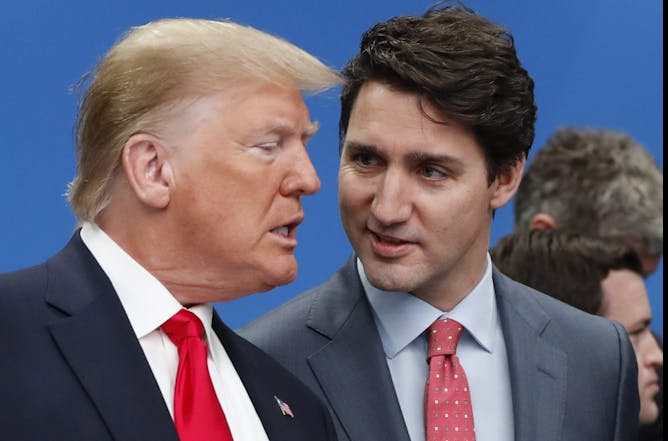
U.S. President Donald Trump and Prime Minister Justin Trudeau talk prior to a NATO round table meeting in England in December 2019.
(AP Photo/Frank Augstein)
Ako Ufodike, York University, Canada
Does the U.S. election show Americans aren't concerned about ethics? This is a question that resonates equally in Canada.
|
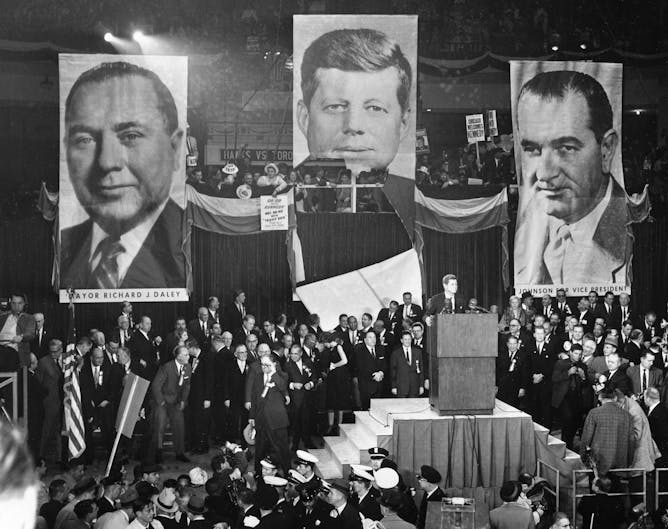
Sen. John F. Kennedy speaks to supporters at Chicago Stadium four days before the 1960 election.
AP Photo
Robert Speel, Penn State
The elections of 1876, 1888, 1960 and 2000 were among the most contentious in American history.
|

It’s hard to be patient.
Thomas Barwick/Digital Vision via Getty Images
John M. Murphy, University of Illinois at Urbana-Champaign
Media outlets used visual metaphors to explain to the public how election results would emerge.
|
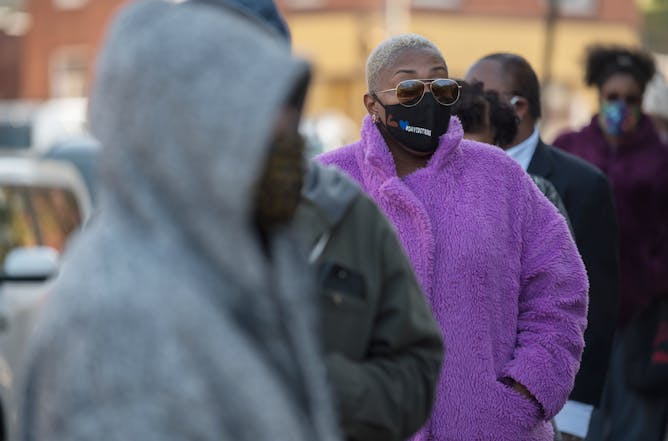
Voters wait to cast their ballots Tuesday at Johnston Elementary School in the Wilkinsburg neighborhood of Pittsburgh, Pennsylvania.
Jeff Swensen/Getty Images
W. Joseph Campbell, American University School of Communication
An expert on the history of polling has a first take on how pollsters did this year.
|
Other top stories
|
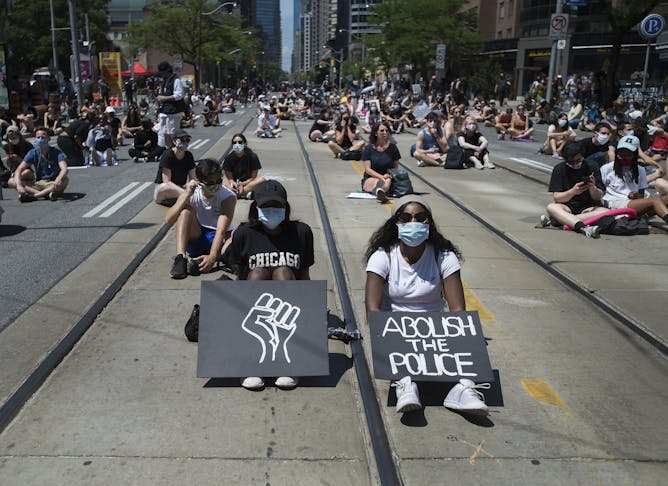
Thousands of people protest to defund the police in support of Black Lives Matter and all social injustice against racism in Toronto on June 19, 2020.
THE CANADIAN PRESS/Nathan Denette
Temitope Oriola, University of Alberta
Reforming the police is possible, but it depends on applying pressure on politicians.
|
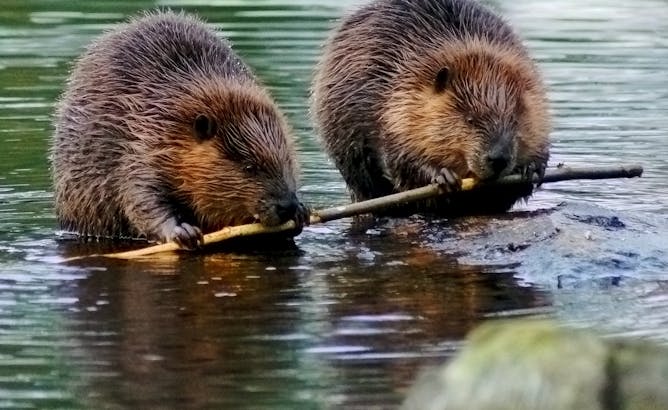
The Cree concept ‘wâhkôhtowin’ emphasizes more-than-human kinship relations.
(Shutterstock)
Dwayne Donald, University of Alberta
Leaked curriculum drafts in Alberta show a desire to revive old colonial myths. To face today's challenges, we need stories that teach how humans are related to each other and to all life forms.
|
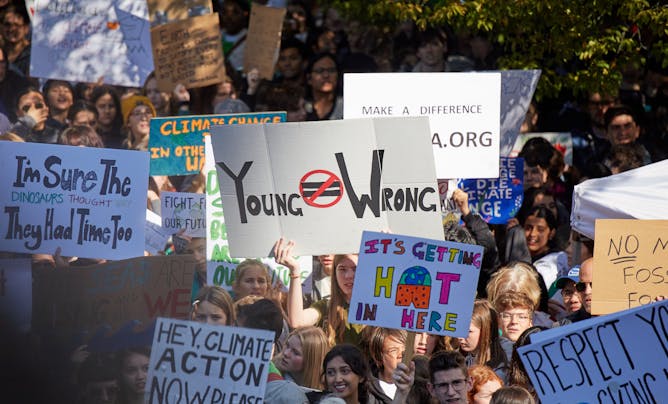
Protesters at the global climate change strike in Vancouver in September 2019.
(Shutterstock)
Jason MacLean, University of New Brunswick
In dismissing the youth climate case, the court acknowledged that climate change is serious, but not serious enough to reconsider the reach of the constitution.
|
La Conversation Canada
|

Les taux d’anxiété atteindraient près de 20% au Canada, ce qui est huit fois supérieur à ce que l’on observait avant la pandémie.
Shutterstock
Janie Houle, Université du Québec à Montréal (UQAM); Stephanie Radziszewski, Université du Québec à Montréal (UQAM)
L’autogestion ne veut pas dire s’en sortir seul. Cela veut dire de devenir l’expert de ce qui nous fait du bien.
|
Business + Economy
|
-
Amrita Hari, Carleton University; Luciara Nardon, Carleton University
Urgent measures are necessary from various levels of government to develop support programs for immigrant women during the COVID-19 pandemic.
|
|
| |
| |
| |
| |
| |
| |
|
|